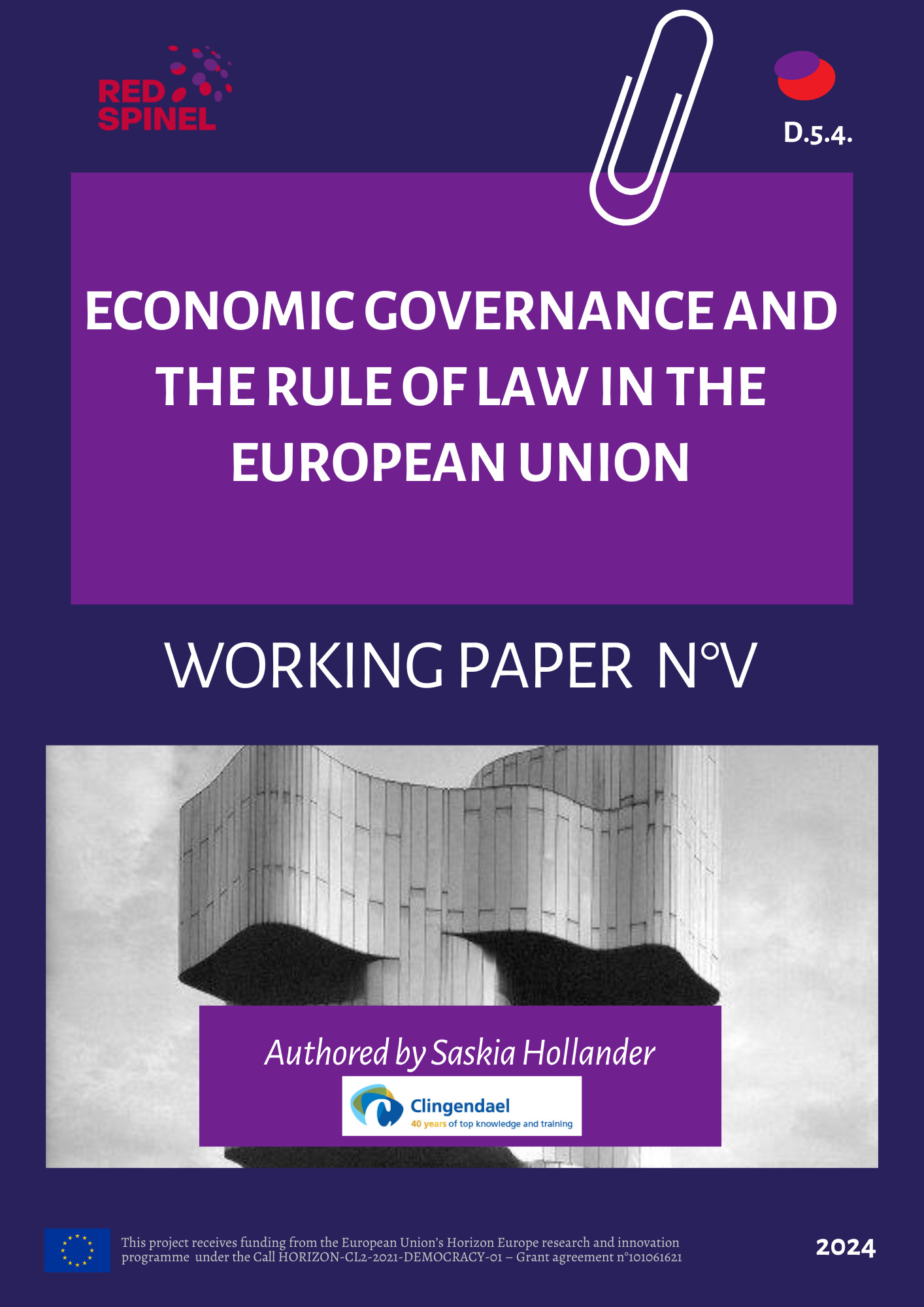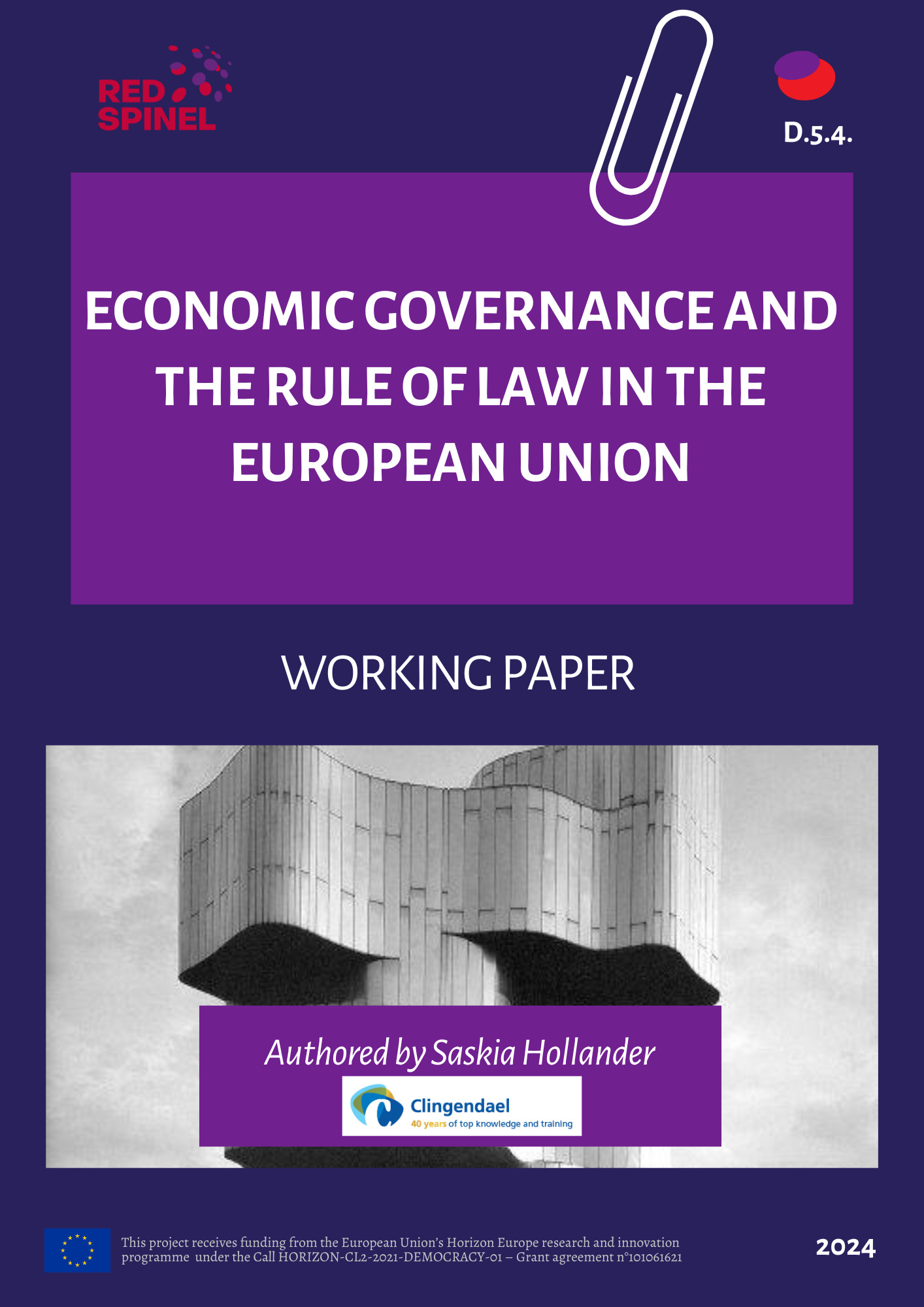The EU is increasingly relying on economic governance instruments to address rule of law issues in the Member States. Simply put, this means that receiving money from the regular EU budget, as well as from the emergency funds created in response to the COVID-19 and energy crises, is made conditional on the adherence to the rule of law and fundamental rights. The novelty of these instruments makes it impossible to assess their long-term effectiveness in addressing rule of law backsliding. At the same time, already, these instruments have led to dissensus between EU institutions and between EU Member States. This dissensus stems to a large extent from a perceived lack of clarity as to which instruments and measures apply under which conditions. The application of budgetary conditionality is a legal and technical endeavor largely in the hands of the Commission. To some extent, it is exactly this legal nature from which these instruments derive their strength. However, the context in which decisions regarding budgetary conditionality are made is highly political, and such decisions have far-reaching consequences for targeted Member States. Hence, it is crucial that such decisions can be democratically scrutinized without compromising on effectiveness. This paper addresses this issue and sets the stage for a future research agenda on the effectiveness and democratic legitimacy of using economic governance instruments to pursue the rule of law in the EU.


